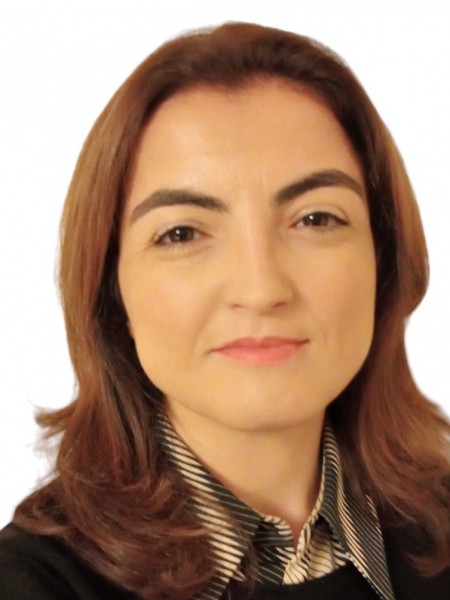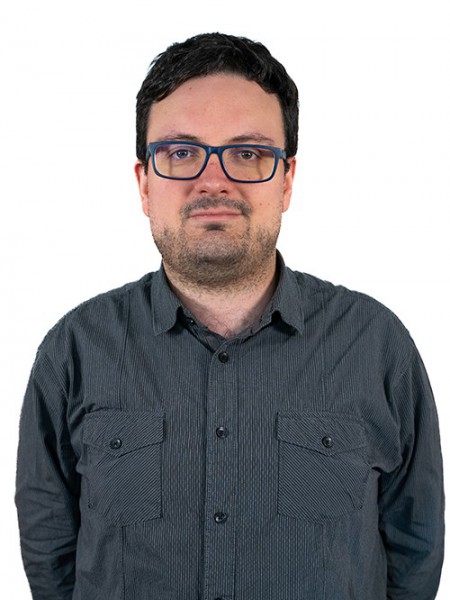abstract
C-reactive protein (CRP) is a very important biomarker of infection and inflammation for a number of diseases. Routine CRP measurements with high sensitivity and reliability are highly relevant to the assessment of states of inflammation and the efficacy of treatment intervention, and require the development of very sensitive, selective, fast, robust and reproducible assays. Gold nanoparticles (Au NPs) are distinguished for their unique electrical and optical properties and the ability to conjugate with biomolecules. Au NP-based probes have attracted considerable attention in the last decade in the analysis of biological samples due to their simplicity, high sensitivity and selectivity. Thus, this article aims to be a critical and constructive analysis of the literature of the last three years regarding the advances made in the development of bioanalytical assays based on gold nanoparticles for the in vitro detection and quantification of C-reactive protein from biological samples. Current methods for Au NP synthesis and the strategies for surface modification aiming at selectivity towards CRP are highlighted.
keywords
SURFACE-PLASMON RESONANCE; LABEL-FREE; BIOLOGICAL APPLICATIONS; CARDIOVASCULAR-DISEASE; COLORIMETRIC DETECTION; TURKEVICH METHOD; CAPPING LIGANDS; ASSAY; DESIGN; SERUM
subject category
Science & Technology - Other Topics; Materials Science
authors
Antonio, M; Nogueira, J; Vitorino, R; Daniel-da-Silva, AL
our authors
Projects
CICECO - Aveiro Institute of Materials (UID/CTM/50011/2013)
Projeto de Investigação Exploratória: Ana Luísa Silva (IF/00405/2014)
acknowledgements
This work was developed in the scope of the project CICECO-Aveiro Institute of Materials (POCI-01-0145-FEDER-007679, UID/CTM/50011/2013), iBiMED-Institute of Biomedicine (UID/BIM/04501/2013) and UnIC (UID/IC/00051/2013), financed by national funds through the FCT/MEC, and when appropriate cofinanced by the European Regional Development Fund (FEDER) under the PT2020 Partnership Agreement. A.L.D.-d.-S. and R.V. acknowledges FCT for the research contract under the Program 'Investigador FCT' (IF/00405/2014 and IF/00286/2015, respectively).




